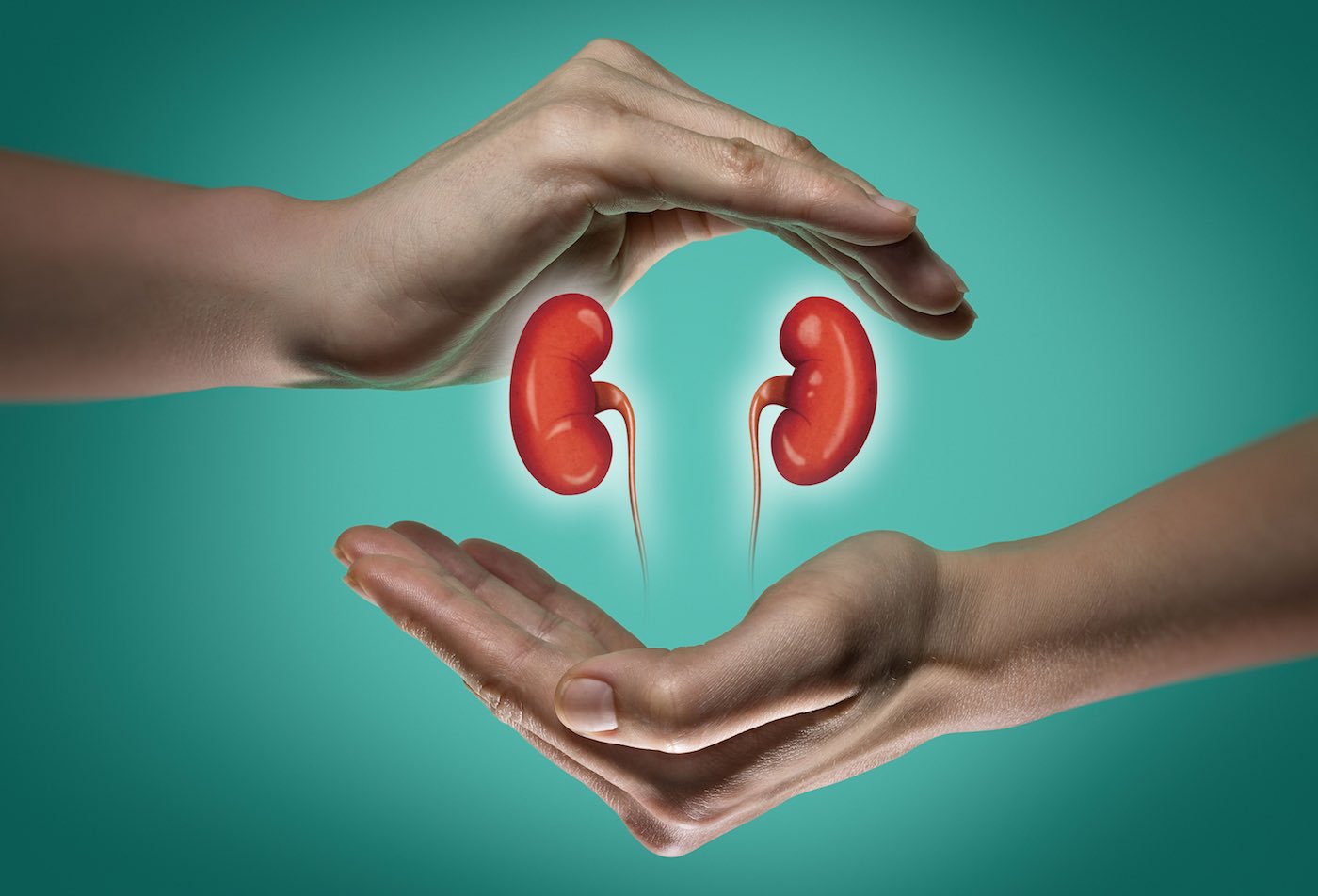Awareness About The Basic Goals In Kidney Diseases
Awareness About The Basic Goals In Kidney Diseases
Even though giant strides have been made in healthcare and disease management in the modern era, the old adage ‘prevention is better than cure’ still holds true today too. Preventive medicine is everything today and it has FOUR levels. Here we use the analogy of a soccer match between arch-rivals Barcelona and Real Madrid to understand preventive medicine. Remember, for any disease, prevention is the primary goal and prevention has different stages.
STAGES OF PREVENTION

Primary prevention
In this stage, the goal is to prevent the disease from occurring. This could take the from of lifestyle modifications or medications. Thus, avoiding smoking prevents cancer. Vaccination prevents polio. This is the concept of primary prevention. When Real Madrid plays Barcelona, the primary goal of each team is to prevent the other from scoring goals while at the same time score goals of their own.
Hence, the coaches of both teams draw up strategies and plans to prevent the main goal scorers of both sides, Cristiano Ronaldo and Lionel Messi from scoring goals. This happens even before the players take the field. This is primary prevention.
Secondary Prevention
Here, the goal is to limit the damage caused by the disease. This is best done by early diagnosis and treatment. So, early diagnosis of diabetes by frequent monitoring of an individual’s blood sugar levels and starting medications early would achieve the secondary goal of damage limitation. Using the soccer analogy, Once the game starts, the Real Madrid and Barcelona defenders closely mark Ronaldo and Messi to prevent them from scoring goals. This is secondary prevention.
Tertiary Prevention
Once the disease is well established, over a period of time, it start damaging other organs, if not kept in check. Thus, if diabetes is not well controlled, in the long run, it can cause kidney damage, eye damage, heart damage and brain damage amongst other. Hence, medication are given and steps are taken to protect the vulnerable organs.
In the soccer match, say Ronaldo or Messi have scored a goal, the opposing from tries its best to prevent them from scoring any more goals. Further, they also surge forward in an attempt to score goals of their own to level the game. This is tertiary prevention.
Diet Tips in Your 30’s -Things you should Do in Your 30’s
Quaternary Prevention
This is a new concept that has recently been coined. Here, the emphasis is on preventing or minimising the side effects of the various medicines used to treat the disease itself. For example, long term use of diuretics (medicines that stimulate urination) may lead to high uric acid levels which can cause gout and further accelerate kidney damage. Hence, medications are prescribed to the toxicity of medication used as treatment.
In the soccer match, once Ronaldo or Messi have scored, the opposing team uses more than one player to keep the goal scores at bay. Also, the team also throws more players into attack in an vulnerable in defence and predisposes them to swift counter attacks which could result in more goals being scored against them.
Thus, the goalkeeper is on high alert and one defender is permanently stationed with him. This is quaternary prevention. This has recently been proposed, as the long-term side effects of various drugs are being identified only now.
Basic Goals In Kidney Disease
Like all other diseases, kidney disease also has its own set of goals of prevention, early diagnosis and treatment, treatment of complications and management of long-term medication side effects. The basic goals in any kidney disease (without going into the goals in specific diseases) are as follows:
- Maintain blood pressure below 130/80 mm hg
- If diabetic, maintain fasting blood sugar below 120 mg/dl, post meal blood sugar below 160 mg/dl and HbA1c (Glycosylated Haemoglobin) below seven per cent
- Avoid unnecessary painkillers and antibiotics, if essential – take them only under the supervision of your kidney specialist
- Avoid excessive weight gain by managing your diet, restricting salt and regular exercise
- Avoid dehydration by ensuring you consume at least two liters per day
- Do not smoke at all and minimize alcohol consumption
- Reduce intake of red meat and have more fruit and vegetables
- Do regular checks of creatine and urine routine examination





















